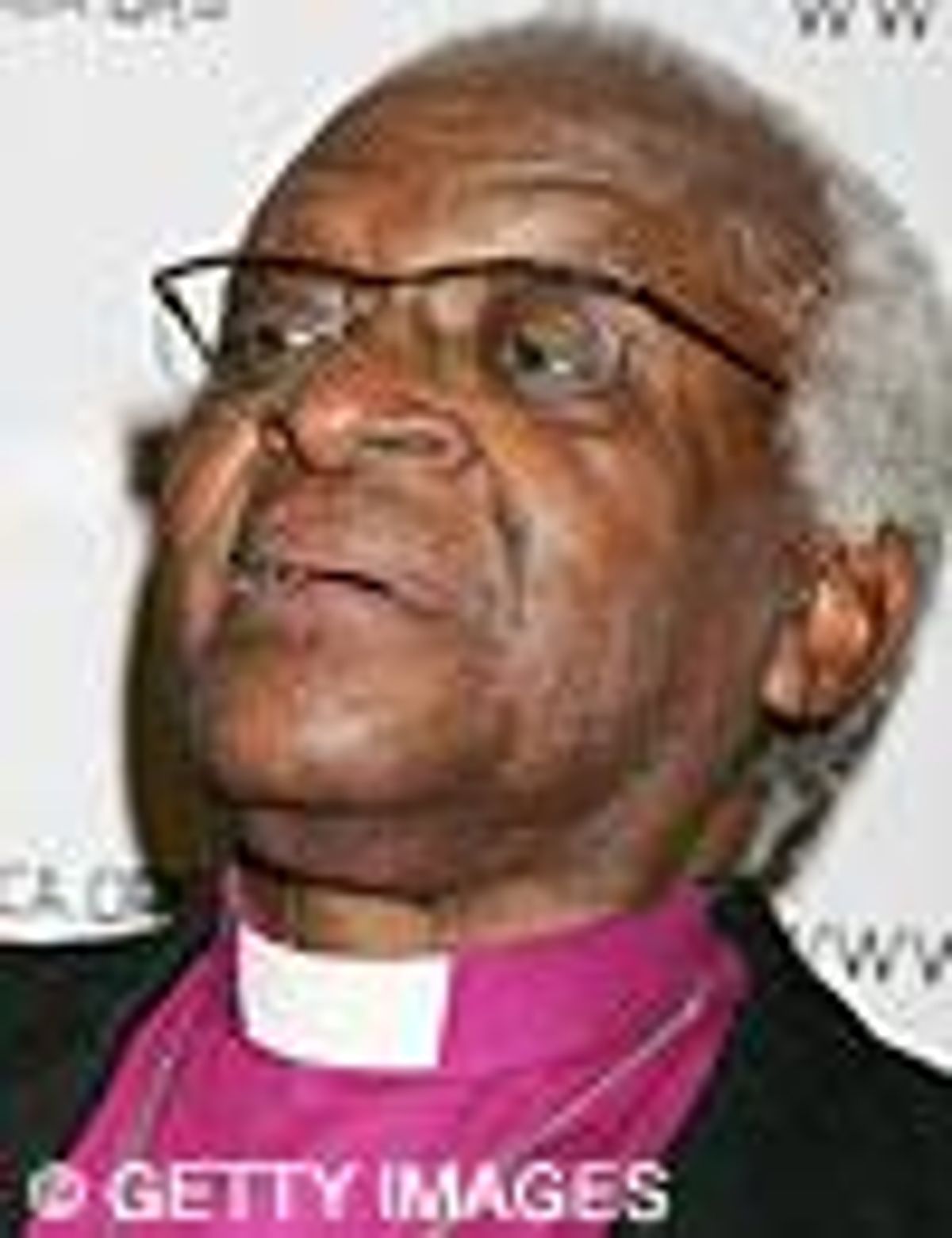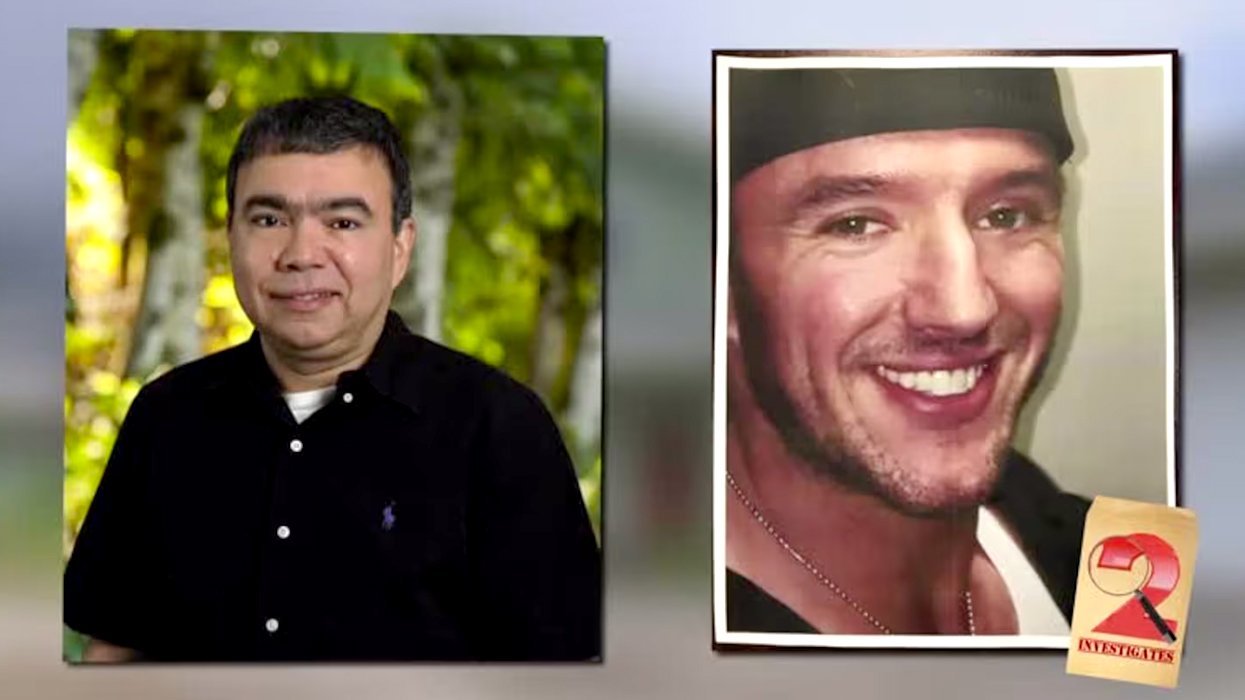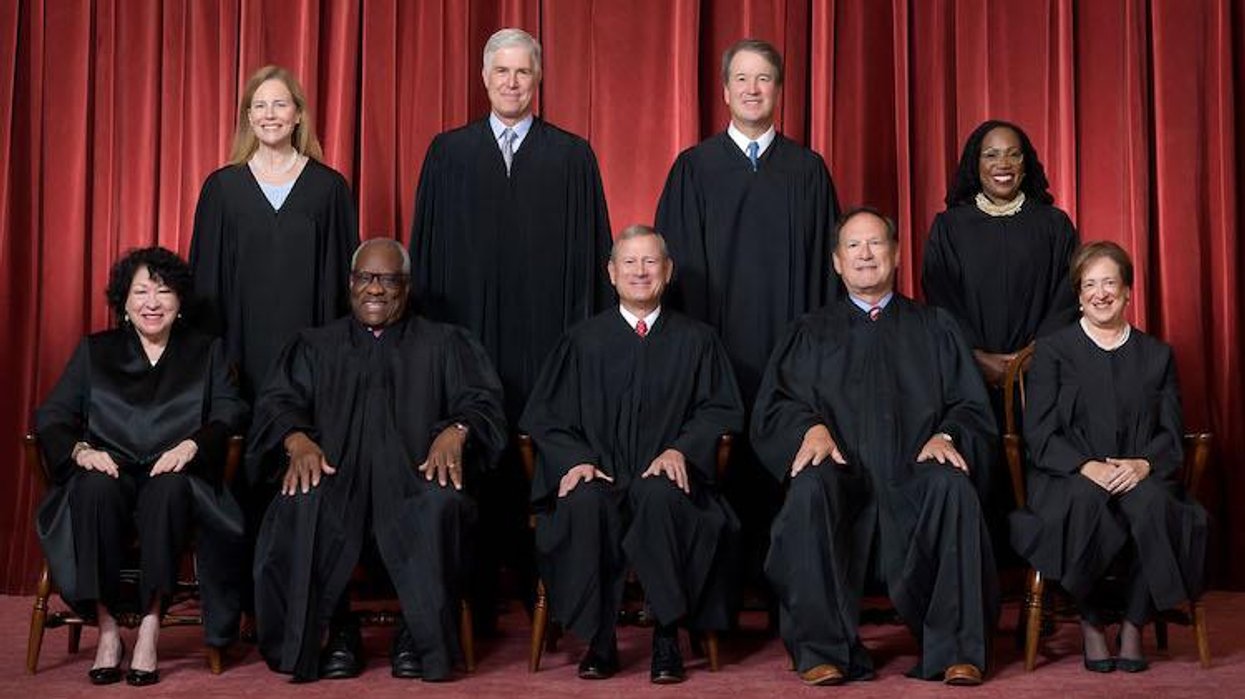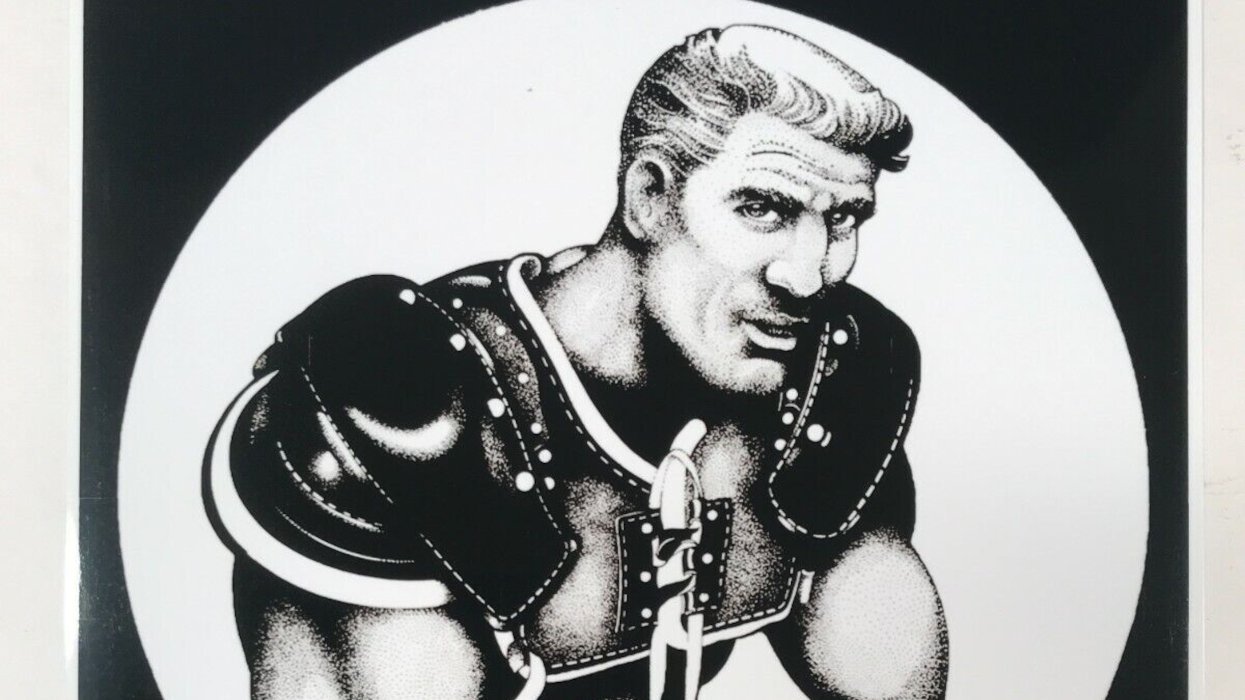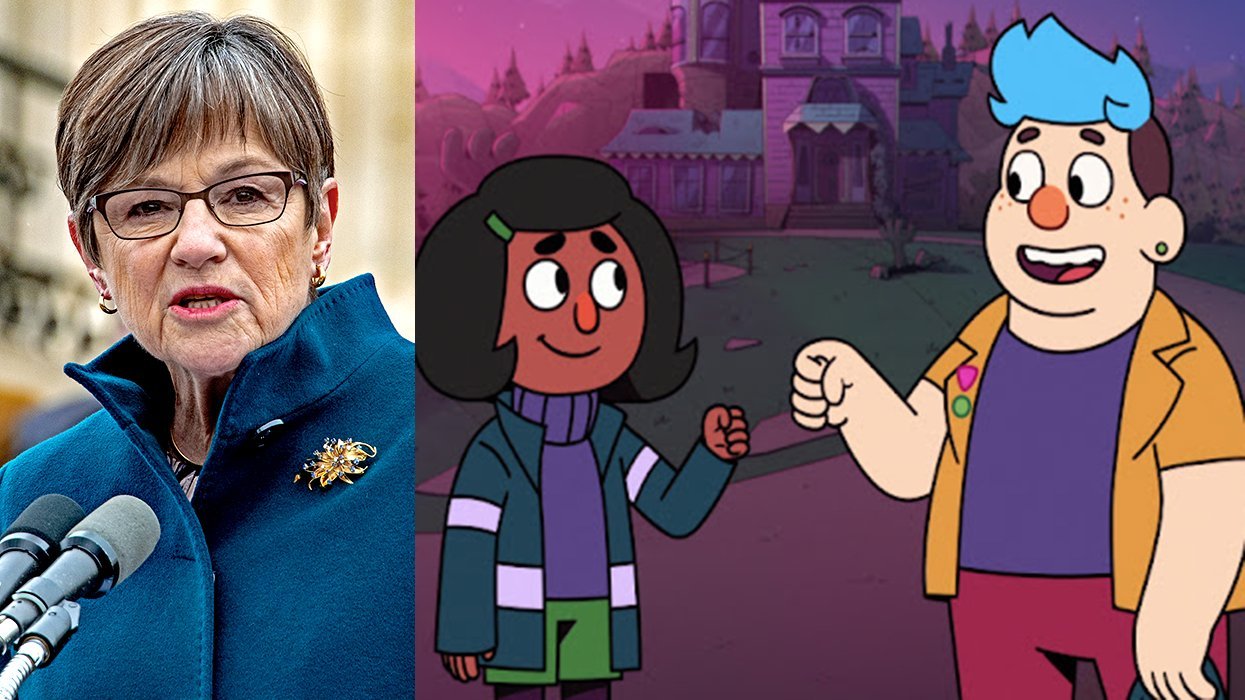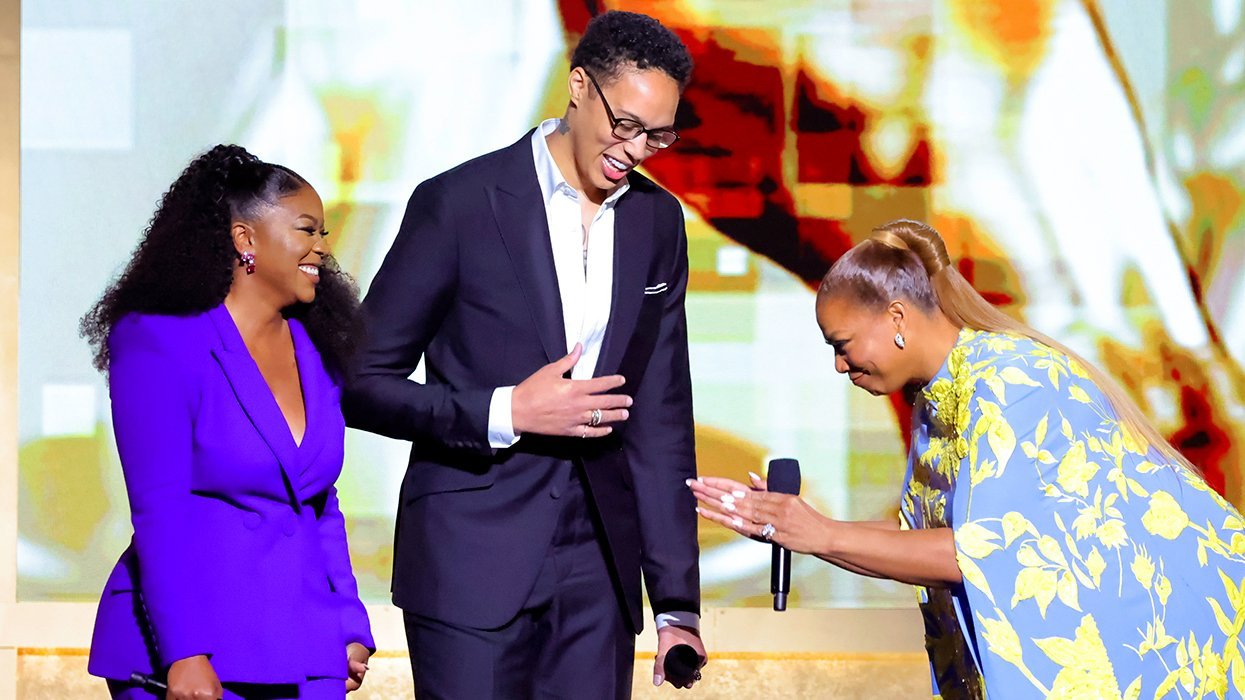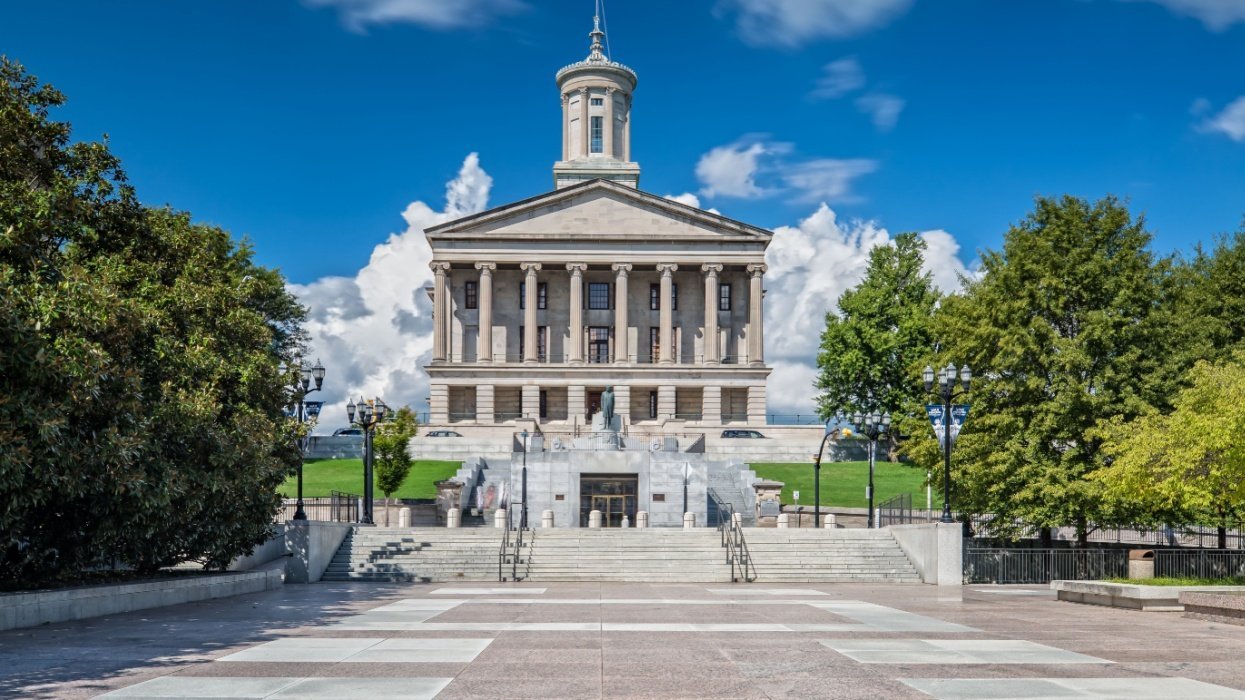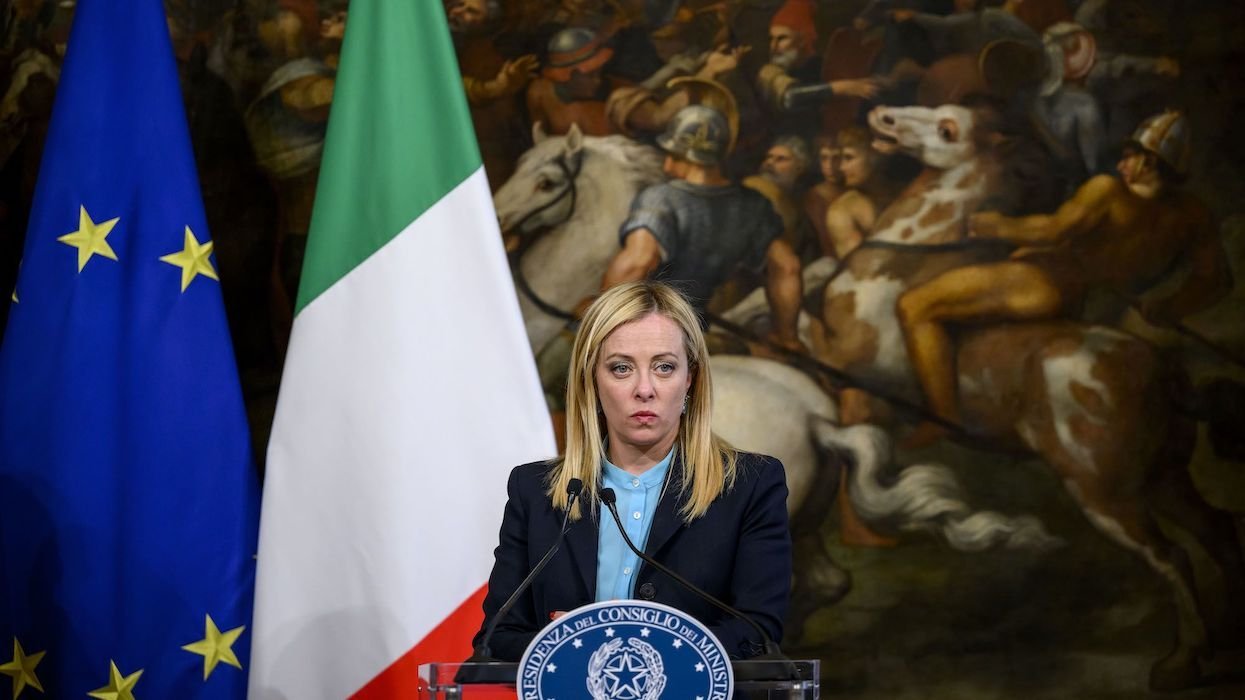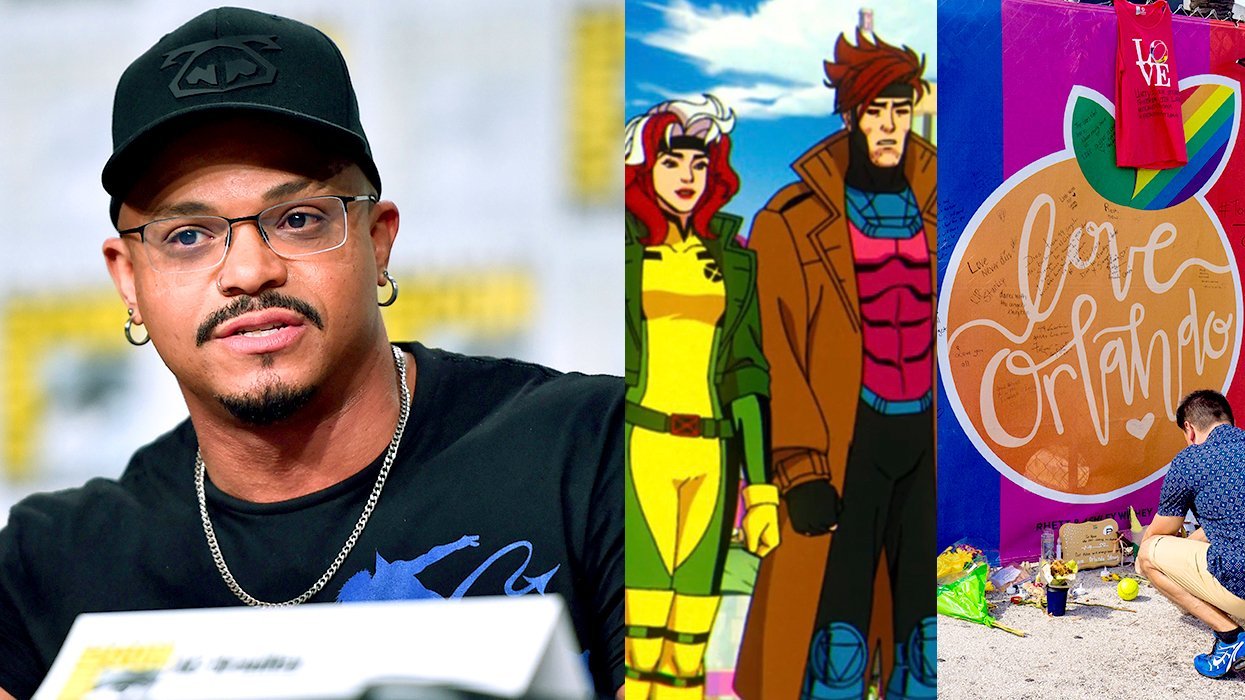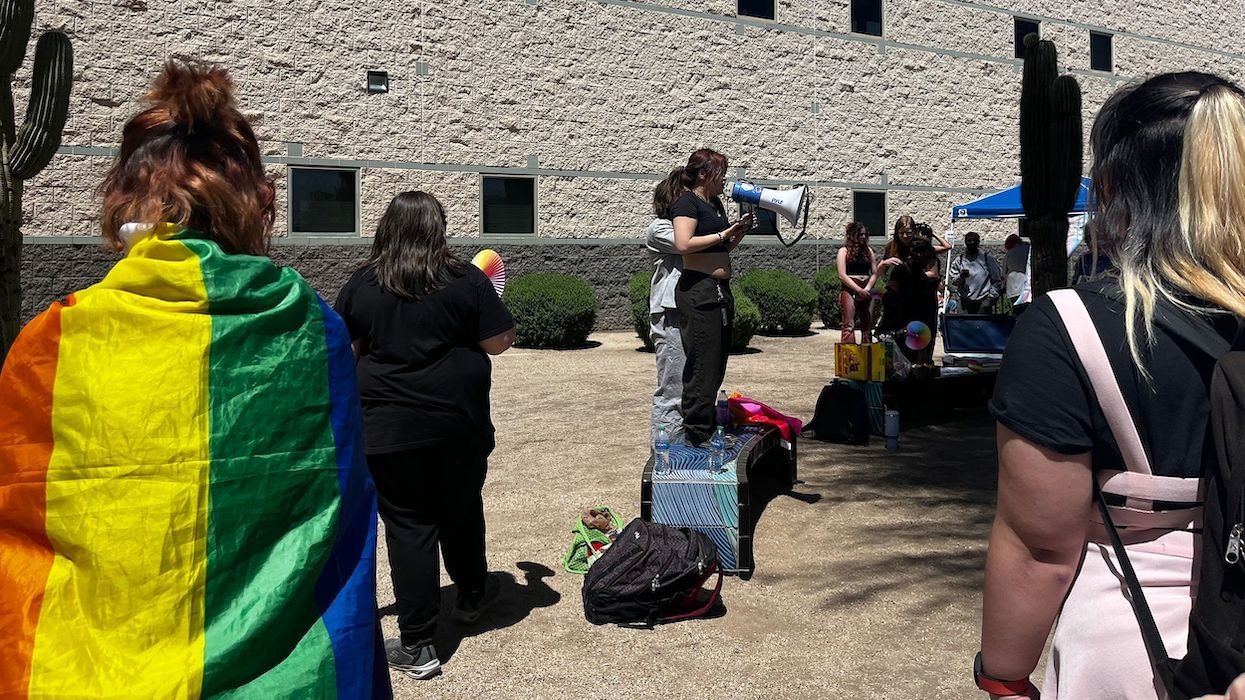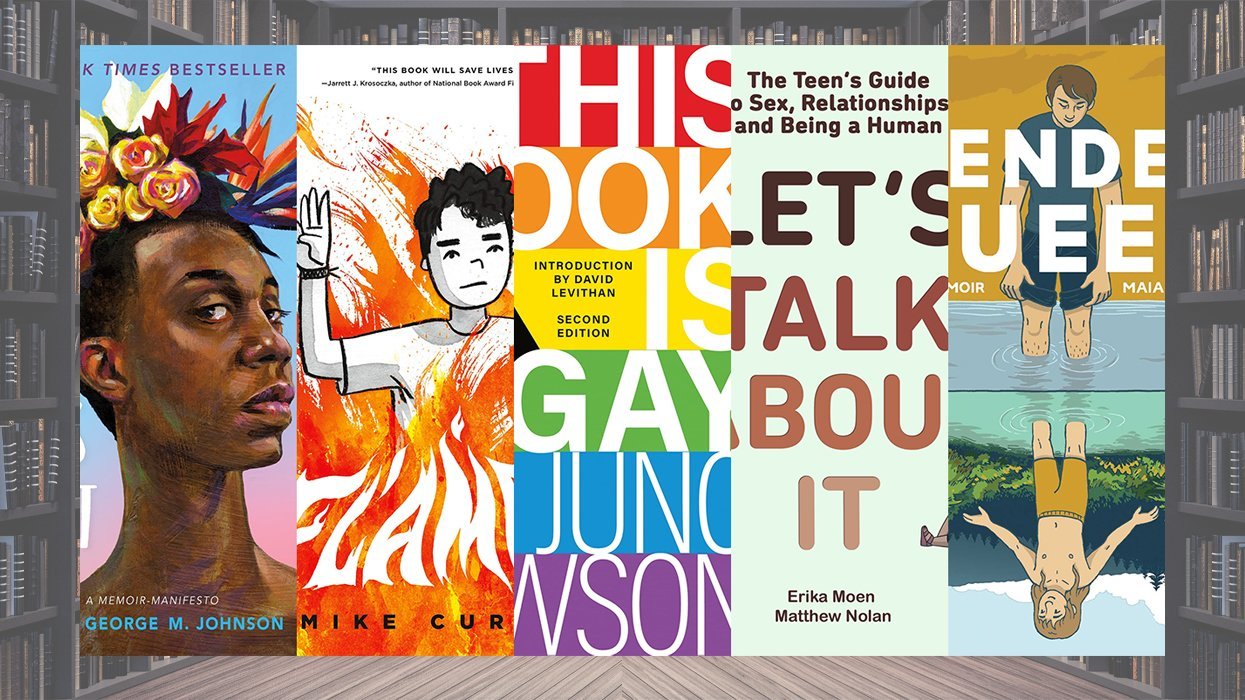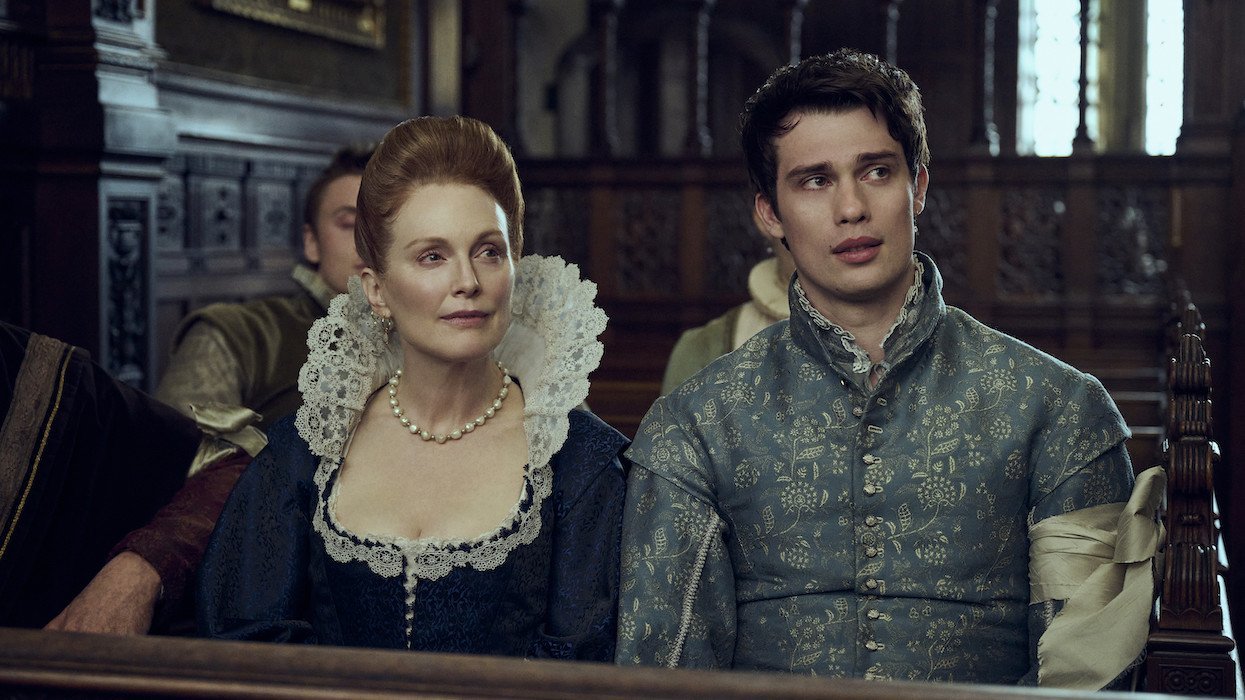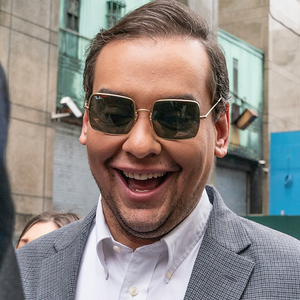Archbishop
Desmond Tutu, in the first authorized biography of the Nobel
peace laureate, said he was ashamed of his Anglican church's
conservative position that rejected gay priests. In
the book, Rabble-rouser for Peace, by his former
press secretary John Allen, Tutu also criticized the
last apartheid president, F.W. de Klerk, for not
accepting accountability for apartheid atrocities. He
said the failure caused him to regret having nominated de
Klerk, along with Nelson Mandela, for their 1993 Nobel
Peace Prize.
Excerpts from the book were scheduled to be
appear in South Africa on Friday, and the biography
was scheduled for release in time for Tutu's 75th
birthday on October 7. The retired archbishop was critical
of Archbishop of Canterbury Rowan Williams for bowing
on the gay priest issue to conservative elements,
particularly African bishops, in the 77
million-member Anglican Church, which includes
Episcopalians in the United States.
In a 1998 letter to Williams's predecessor,
Archbishop George Carey, Tutu wrote he was "ashamed to
be Anglican." It came after the Lambeth Conference of
Bishops rejected the ordination of practicing homosexuals,
saying their sexual relations were "incompatible with scripture."
Tutu also said he was deeply saddened at the
furor caused by the appointment of openly gay V. Gene
Robinson as bishop of New Hampshire in 2003. "He found
it little short of outrageous that church leaders
should be obsessed with issues of sexuality in the face of
the challenges of AIDS and global poverty," wrote Allen.
As archbishop, Tutu criticized but could not
change a policy in South Africa that said gay priests
would be tolerated as long as they remained celibate.
He did approve church blessings for gay and lesbian
relationships, without calling them marriage. He also pushed
for the ordination of women and, when it was approved,
quickly appointed the Reverend Wilma Jakobsen as his chaplain.
Tutu's criticism of de Klerk stems from when
Tutu was chairman of South Africa's Truth and
Reconciliation Commission, which offered perpetrators
of apartheid crimes amnesty if they told the truth about
their activities. During the hearings, Tutu sometimes
wept along with the victims of human rights abuses.
Allen wrote that the process left Tutu
disappointed with some political leaders, particularly
de Klerk, who he believed had not accepted
accountability for apartheid atrocities. De Klerk was not
directly implicated in state-sponsored violence, Allen
wrote, but had been aware of "mayhem" as a result of
activity by the security forces.
In an interview with the author, de Klerk
acknowledged he failed to follow up suspicions
that security forces were committing human rights
abuses. "Where maybe I failed was not asking more questions,
not going on a crusade about things...following up on slight
uncomfortableness you feel here and there," said de Klerk.
In response to a request for his reaction to the
book, de Klerk said Allen had tried to be fair in
reporting on the tensions between him and Tutu,
recording the steps taken to address the violence and saying
no evidence implicated the president in the violence.
"Significantly, he [Allen] confirms the shocking
suspicion that the TRC had an agenda to incriminate
me," the former president said, noting the author wrote
about the frustrations of failing to pin responsibility for
the human rights abuses on de Klerk.
He said relations between himself and Tutu
soured because he refused to play that role. De Klerk
said he regrets the antipathy that Tutu subsequently
developed for him and that their relationship has mellowed
with time. He said he had the greatest respect for Tutu and
for the constructive role he often played.
But he said the TRC imposed the "struggle"
version of the truth on the other parties and
seriously undermined prospects for reconciliation.
The biography also traces Tutu's life from a
sickly child who was baptized a Methodist and who
dreamed of becoming a doctor but worked as a teacher
and then a priest. It tells how he won a Nobel Peace Prize
playing a major role in guiding his homeland from racism to democracy.
He rose to fight racism in a deeply divided
society. His own family home was demolished in the
name of apartheid, and he suffered tear gassings,
police harassment, and death threats.
A highlight for Tutu was getting to introduce
Mandela to cheering crowds in 1994 as "our brand-new
state president." (Sahm Venter, AP)
